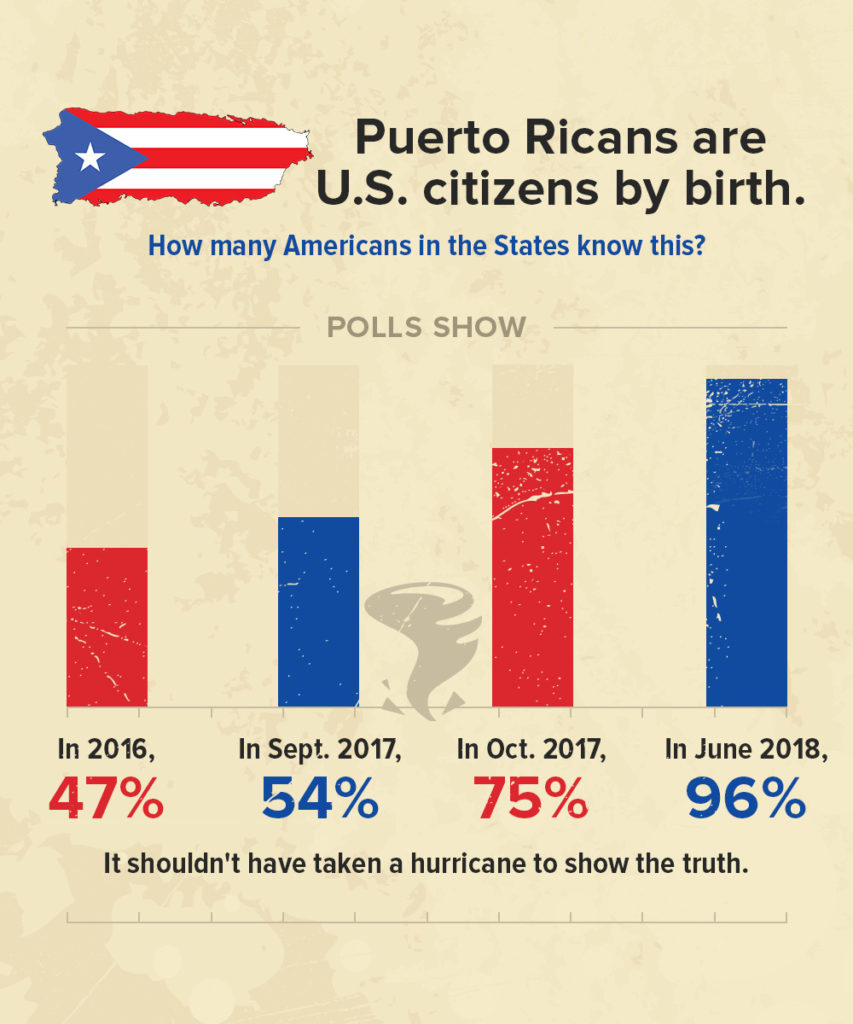HR8393, the Puerto Rico Status Act, is waiting for a floor vote in the House of Representatives. Congress can pass this bill before the end of the year. If the House passes the bill, it would then need to be voted on and passed in the Senate as well. President Biden would also need to sign the bill. Realistically, these three things probably will not all happen before the end of 2022.
So why is it important that the House vote on the bill this year?
Passage of the bill is the next important step toward resolution of Puerto Rico’s political status
It is enormously important that a status bill, especially the first compromise bill with agreement from all of Puerto Rico’s major political positions, has been introduced in Congress and passed through the relevant committee. This is the first time that a bill on Puerto Rico’s political status has been ready for a vote in Congress during this century!
But this is not an all-or-nothing situation. Once the bill passes in the House, a companion bill can be introduced and voted on in the Senate. Once a bill passes both houses, it can go to the president for a signature. These steps are all required for the bill to become law. They do not all have to take place at the same time. Each step is essential.
The bill may be amended during debate
HR8393 has some problems. Some of the things called for in the bill probably won’t be approved by Congress. Some may be unconstitutional. A floor vote will allow members of the House to bring up these points and make amendments which will make the bill more likely to pass.
For example, in 1998, during debate over HR856, the United States-Puerto Rico Self Determination Act, more than one amendment was offered on the subject of language. One amendment called for English-only in government functions in Puerto Rico, while another held that Puerto Rico should be treated like a state: that is, the Island should make its own decision about its official languages.
There was also discussion about whether Puerto Ricans living in states should be allowed to vote on Puerto Rico’s status. There was an amendment proposed that called on a definition of Puerto Rico as “a nation.” There were discussions about citizenship under different status options, of the possibility of separate participation in there Olympics, and of the definition of “Commonwealth,” which was on the ballot for the planned referendum.
Many of these issues are still being discussed today. A floor vote will allow Congress to debate and discuss these issues and clarify positions on these questions. Members who might not vote for HR8393 as it is currently written might vote in favor once these issues are addressed.
Congress has a responsibility toward Puerto Rico
Before Hurricane Maria, polls showed that half of the American people did not even know that Puerto Rico was a territory belonging to the United States or that Puerto Ricans are U.S. citizens by birth. We know that many Americans, including some members of Congress, are still confused about basic facts regarding Puerto Rico.
Congress has a responsibility to Puerto Rico. No other nation is responsible for Puerto Rico, and no other part of the government has the power, under the U.S. Constitution, to make decisions for the Island. Congress must resolve the political status question. No one else can do it. There is no reason to wait any longer to make this decision.
Please reach out to your representatives, especially if you live in a state, and ask for a floor vote on HR8393.









No responses yet